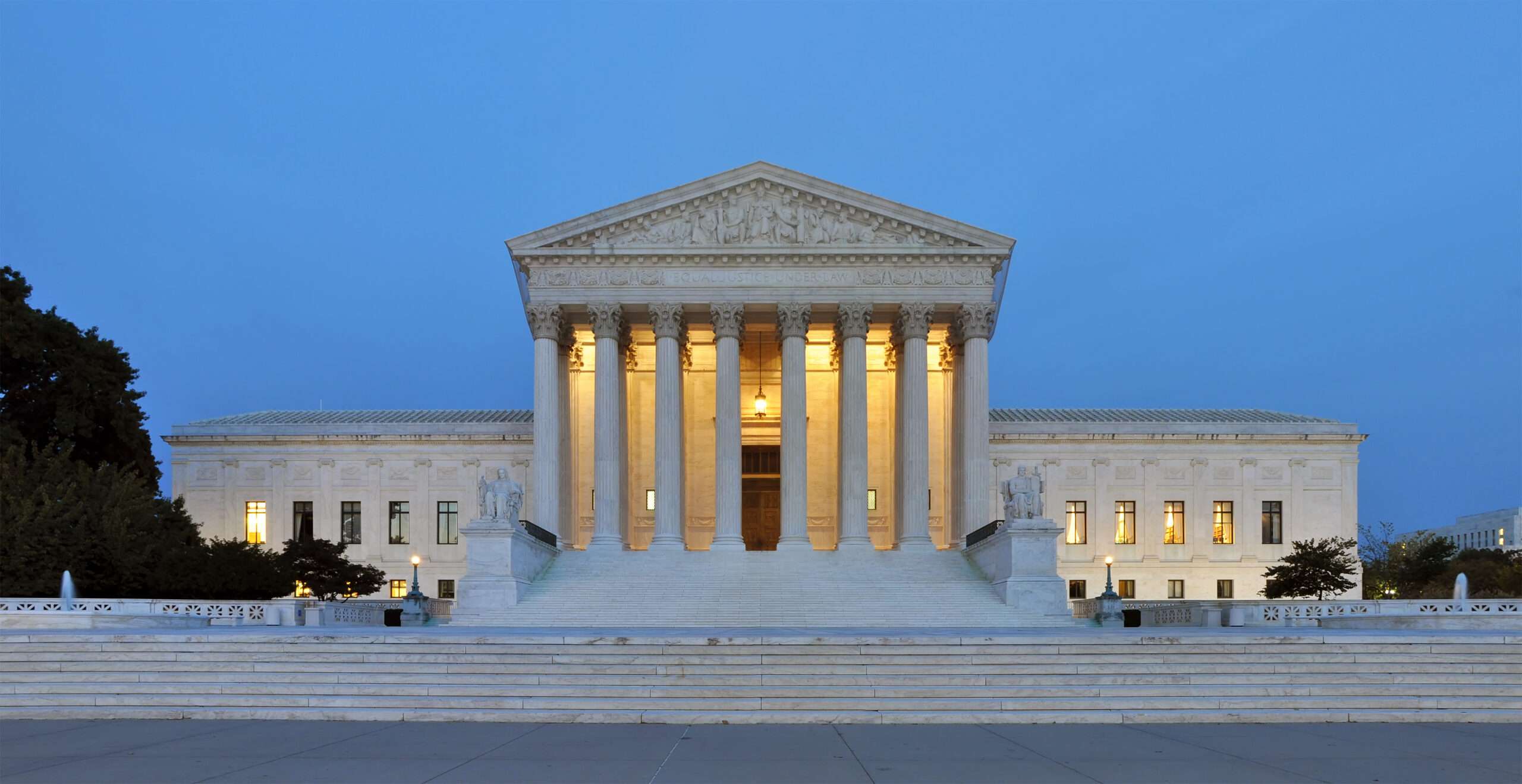Supreme Court Blocks Trump’s Deportation Efforts Under 18th-Century Law
The Supreme Court ruled against the Trump administration, blocking deportation of Venezuelan migrants under the Alien Enemies Act due to insufficient notice for detainees.
Overview
In a 7-2 ruling, the Supreme Court has temporarily prohibited the Trump administration from deporting Venezuelan migrants under the Alien Enemies Act, emphasizing the need for due process and adequate notice before removal. The decision highlights ongoing disputes over the use of this 1798 law, originally intended for wartime scenarios, and the implications of its application on the rights of undocumented migrants. The Court reaffirmed that detainees are entitled to a reasonable opportunity to contest their deportation, leading to further legal reviews of the administration's policies and actions.
Report issue

Read both sides in 5 minutes each day
Analysis
- The Supreme Court's decision maintaining due process rights for Venezuelan migrants highlights the importance of fair legal proceedings in immigration matters, even amid national security concerns.
- Trump's use of the Alien Enemies Act raises significant questions about its legality and appropriateness, especially as there is no current declared war or invasion that justifies its use.
- While the ruling grants temporary relief to the detainees, the larger implications of the Alien Enemies Act's invocation could lead to further legal challenges and scrutiny of the administration's approach to immigration.
Articles (6)
Center (2)
FAQ
The Alien Enemies Act is a 1798 law that allows the president to detain or remove citizens of an enemy nation during wartime or in cases of invasion without judicial review. Historically, it has been invoked during the War of 1812, World War I, and World War II.
The Supreme Court blocked the Trump administration's deportation efforts under the Alien Enemies Act due to insufficient notice for detainees, emphasizing the need for due process and adequate notice before removal.
Justice Samuel Alito dissented from the court's order, stating that the Supreme Court had 'no authority to issue any relief.' His dissent was joined by Justice Clarence Thomas.
History
- This story does not have any previous versions.




